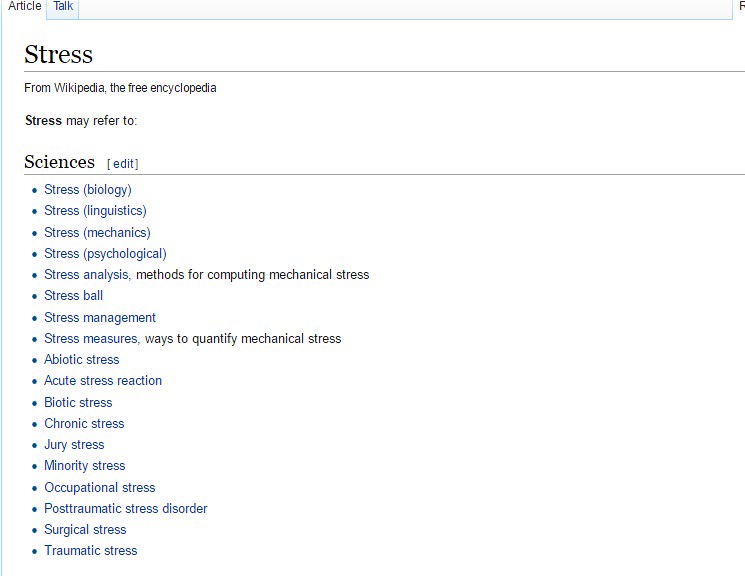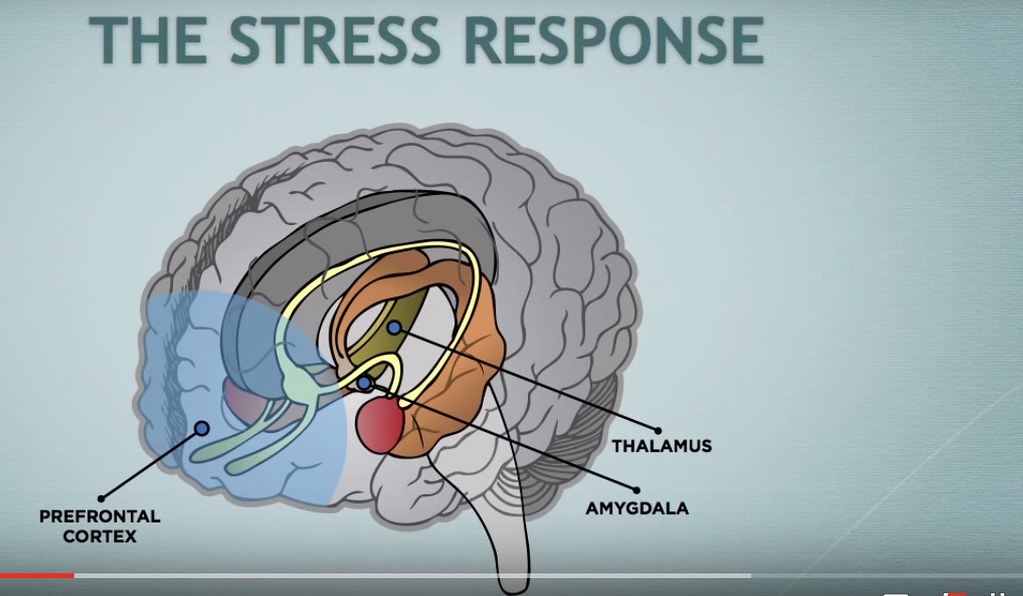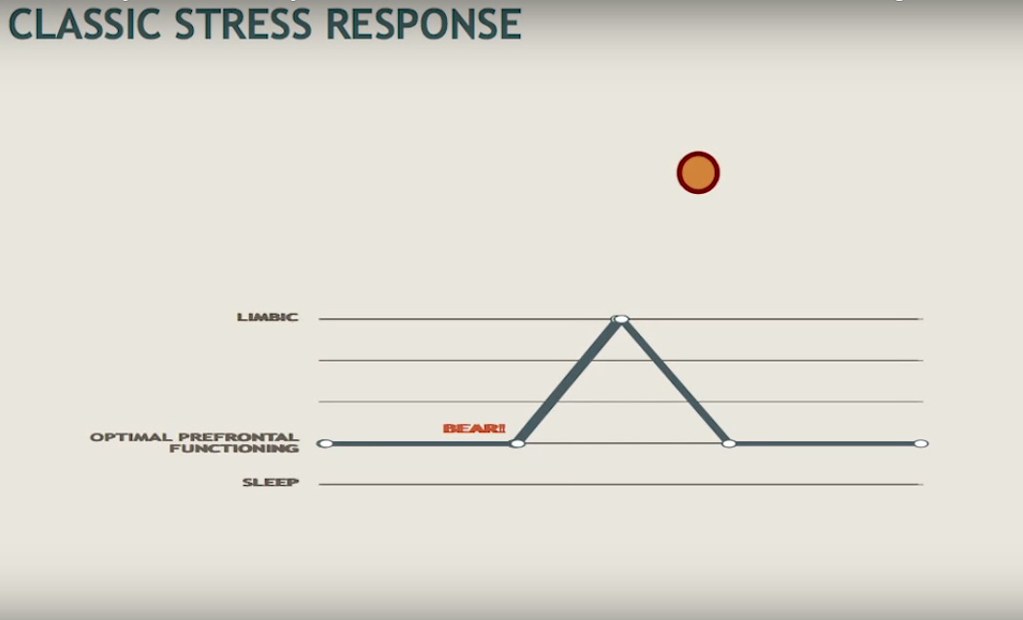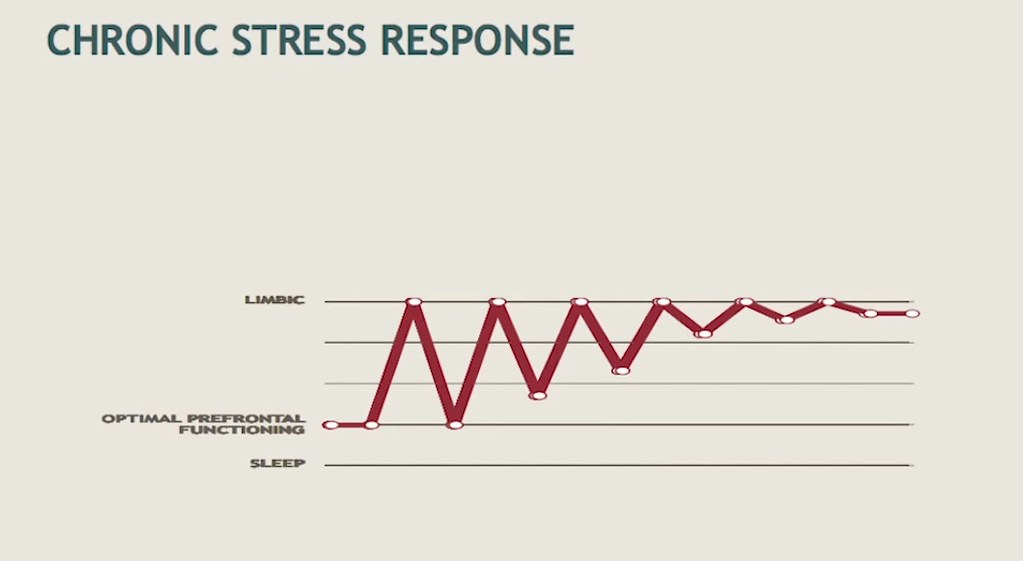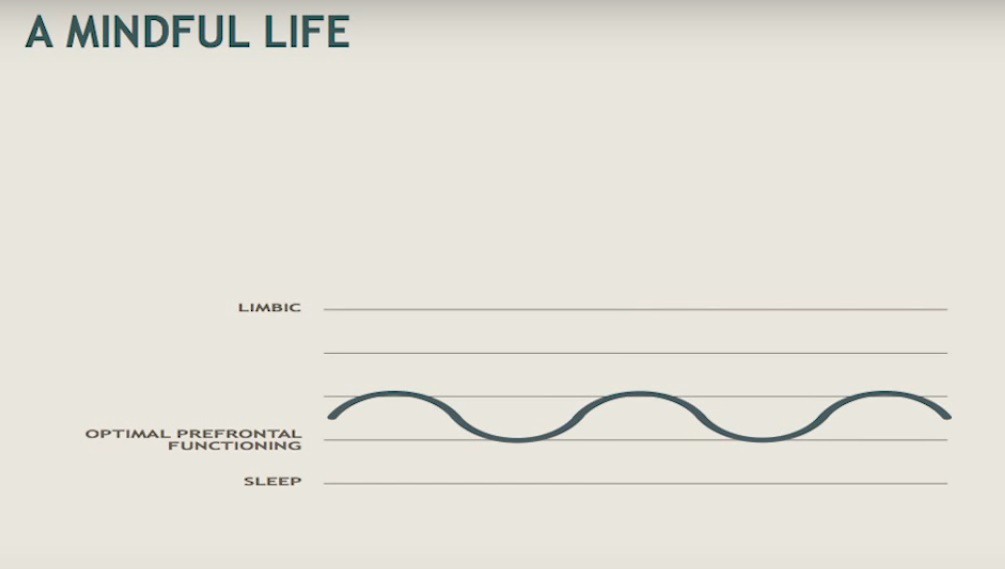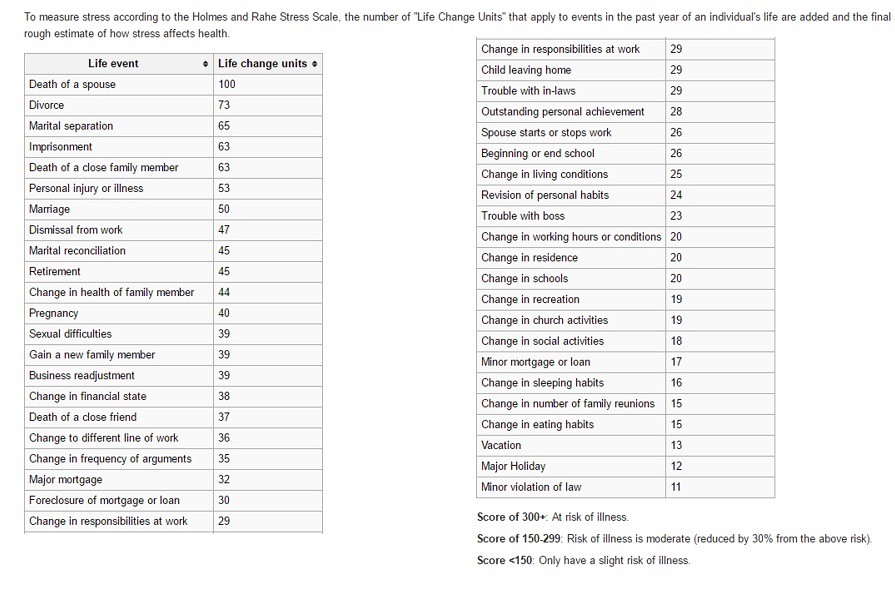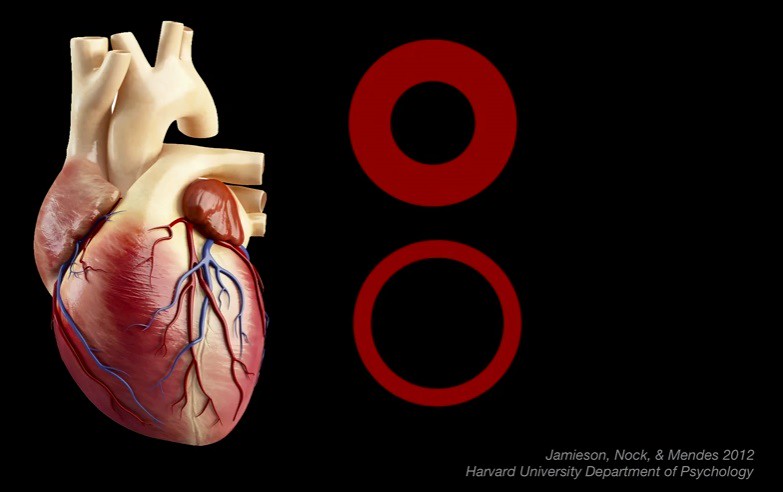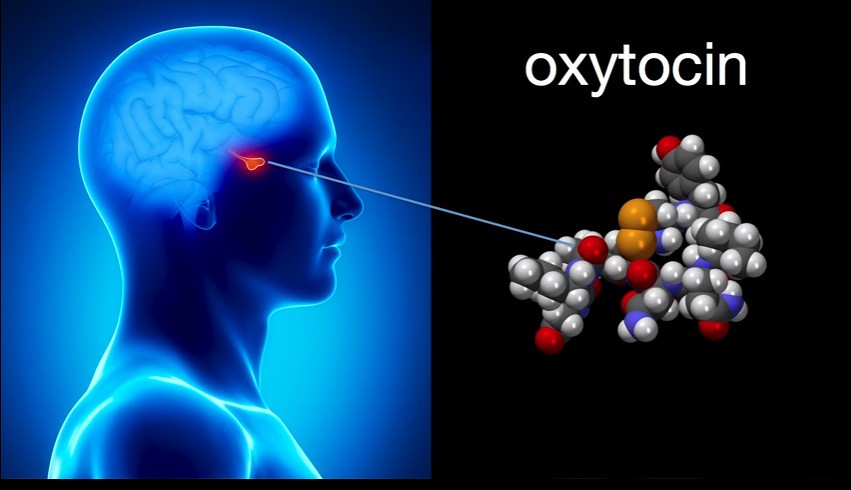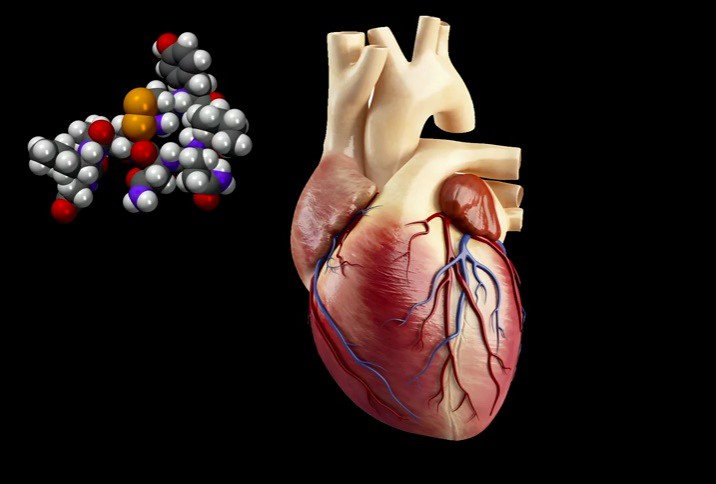Why is he asking this question? Where is he going with this question?
Environment Can Influence Mental Dialogue
Have you ever been influenced by your environment? Have you ever tried to obtain a goal with a positive outcome only to be over rode by the local environment? Let me ask the question another way:
Have you ever heard a statement from an authority figure or role-model that resembles the following quote? The quote is about surrounding one's self with successful people:
The people you surround yourself with influence your behaviors, so choose friends who have healthy habits.
Super simple right?
The reason why I ask these questions is because the mental dialogue which you let happen dictates the success and motivation that you have to complete tasks that you define as challenging.
The type of dialogue that each of us let occupy our minds on a daily, hourly, minute by minute, second by second -- basis defines a large part of our success in life. How do I know this? I don't necessarily. People often underestimate the power of the environment on their success toward achieving a goal. That is not an excuse to blame that environment for your failure (that should be stated at the outset). As I stated, I do not have any direct scientific or research based evidence -- myself.
But, psychologist Philip Zimbardo does know the answer to this question. He is the psychiatrist of the famous experiment at Stanford University called "The Stanford Prison Experiment". In that experiment, his aim was to answer the following questions (taken from the documentary):
1) Does the institution or the situation outside of you come to control your behavior?
2) Or do the stuff inside us (values, morality, ethics) allow you to rise above the negative environment?
What the experiment revealed was that given the set of correct circumstances, an evil environment can turn a good person into a bad person? Years later, the term was coined by Dr. Philip Zimbardo as the "Lucifer Effect."
In the previous blog post, I wrote about the quote: "Mind Over Matter: If You Don't Mind, It Does Not Matter." That is true to a large extent. Where the breakdown occurs leading to failure-like behavior (not achieving one's goals) is the following:
What dog am I feeding?
Why is this question stated as a quote? The quote is from the podcast "Unbeatable Mind" by Commander Mark Divine (formerly) of the US Navy Seals. Once you understand the concepts of gaining control over the mindset (from the former blog post), then the circle is complete. That is controlling the "mental dialogue" that is occupying your mind is the final step in completing the loop of success. Let us look at the concept of "mental dialogue" in more detail below.
Mental Dialogue Comes From Within Our Minds!
Without going into too much detail the result was: that an evil environment took over "good people." Right about now you may be asking yourself the following question:
What does this have to do with mental dialogues?
Everything...Let me explain. Years later, Dr. Zimbardo extended his research to include the mental dialogue that each of us play in our mind every day. One day, a patient came to his office who had an issue with playing 23 memories in his head each day. Dr. Zimbardo worked with him a couple of weeks and could not find a way to help the patient "move on" past playing these 23 memories each day in his mind. How would you cure this patient?
Some years ago a young man I'll call James came to see me in my Stanford University office for help with his shyness. In the course of our conversation about the origins of his awkwardness around people, he told me that almost everyone he met reminded him of someone who had hurt him or rejected him in the past, so he could not risk being open to them. And then he related a very interesting image: his life, he said, was organized around the eighty slides that he had arrayed in what he called his "Kodak Carousel mental slide projector." Once the slide show started, the images were projected into his current consciousness in a predictable and reliable sequence. So his present sense was the slide on his mind's screen, his past sense was the slide he just viewed, and his future sense was determined by the slide or slides coming up next. My first thought was that this seemed like a reasonable metaphor for memory.
What he told me next, however, was quite unsettling: James's slide tray was filled with slides of negative experiences only--rejections, failures, missed opportunities, mistakes, miscalculations, bad deals, and more. His present sense, then, was always of a past negative event; his past sense was also of a negative event; and his anticipated future slide was always a predictable negative event from his past! Worse, his mental slide show was out of his conscious control--it could be turned on at any time by triggering experience; so repeatedly viewing all of these horrific images of his past negative experiences, so vividly projected, further burned them into his brain.
I thought hard about a treatment plan, and arrived at a solution that seemed to fit his particular imagery. I informed James that kodake had just developed a 120-slide carousel, which meant that he could new be able to add 40 new slides to his old show. I encouraged him to explore his memory to find any events that were positive: successes, good birthdays, friends, favorite foods, movies, books ... and for each positive image he was able to recall, we created a new, vividly bright slide and inserted it random;y into his mental carousel. Although the negatives still dominated the set, there was now some occasional relief. He could see that his life had many good people, experiences, successes, and more that were balanced against the bad.
We gradually replaced more and more of the bad slides with good ones from recent positive experiences. Over a period of months, this impromptu treatment program began working to provide James with a a more balanced, nuanced conception of his life over time and of his ability to shape his current life. It also had a profound impact on me, encouraging me to think more deeply about the nature of our temporal orientation and the real impact that our individual concepts of past, present, and future have on our lives.
Wow, what a revelation for a treatment on his part? right?
How can you extend the your mental carousel?
The above story shows the power of carrying a terrible mental dialogue. The fact that the gentleman did not have a single "positive element or slide" in his carousel shows the power of the mind. If we decide to be stubborn, the possibility of overcoming that state of mind can sometimes take several years.
To start to head toward a close of this post, I would like to return to the question the Commander Mark Divine asked in the podcast listed above (or located here):
Which dog am I feeding?
This concept is awesome. The podcast was short and to the point. He speaks about a "crossfit" competition where he temporarily lost control during a competition. The event taught him a great amount about the power of the mind. Specifically, how to channel an unreserved tap of energy into the right avenues within the mind is crucial toward success. The success comes from optimizing the mind and awareness of what is happening to us at a given moment. Some call this the "central governor theory" or by other names.
What is the aim here?
This process is a fine process. To modify the physiology of the mind to expand the threshold to accept more pain for growth. In order to do so, a person must be able to understand when we have crossed over the threshold and enter the regime of injury. Once a person starts to feels fatigue, the mind releases a flood of signals to the sympathetic system to start the process of "shutting down." At this point, the body has started to shift toward a "shut down" process.
Understanding the shift of thought in order to expand one's threshold is important for growth. Why? In all aspects of our lives, we experience the dialogue in our minds -- whether we choose to accept this or not. For Command Divine, he breaks the dialogue into two sides: the "courage wolf" and the "fear wolf."
Hence, the question above: Which dog am I feeding?
When pain or fear starts to slip into a person's mind, the "fear wolf" is howling and that howling is extremely loud. The loud noise in our mind prohibits us from hearing the "courage wolf" -- who is hungry and waiting in the background to be fed -- too. More likely, people are often encouraged to feed the "fear wolf" rather than silencing it and feeding the "courage wolf."
How does a person control both wolfs?
In his podcast, Commander Divine suggests to slow down and take deep breaths. During that time, take note of the origins of where the "fear wolf" is getting fed. Try to change those thoughts (which are negative) toward positive thoughts (success thoughts). The process starts to feed the "courage wolf" and once the ball starts rolling, success follows.
Over time, the process gets easier. Remember, "Mind over matter: If you don't mind, it doesn't matter."
Conclusion ...
Controlling the mind throughout the day is extremely complicated. Although, working at understanding the origin of the negative thinking (i.e., feeding the "fear wolf") is critical toward overpowering those thoughts with positive thoughts (i.e., "easy day, I got this..."). During the generation of positive thoughts, the "fear wolf" is starved (failure of the power of fear) and success sets in (i.e., "courage wolf" is feeding quickly).
Learning to understand how to think under duress is extremely critical toward overcoming anxiety and fear with success and motivation. As I mentioned above, the environment in which a person chooses to reside in has an effect over their long and short term success. This is coupled to the mental dialogue that a person lets into their mind.
The time has come to stop writing. Now, the job is yours to go out and get success and motivate others to attain whatever dream or goal they would like. Have a great day.
